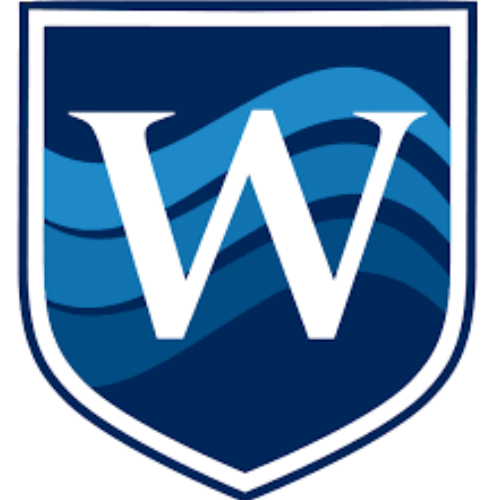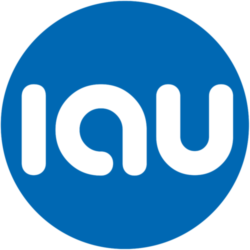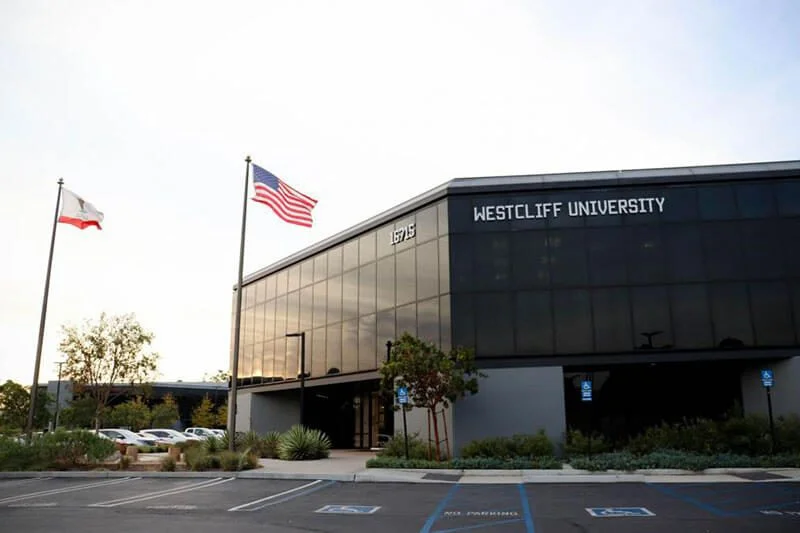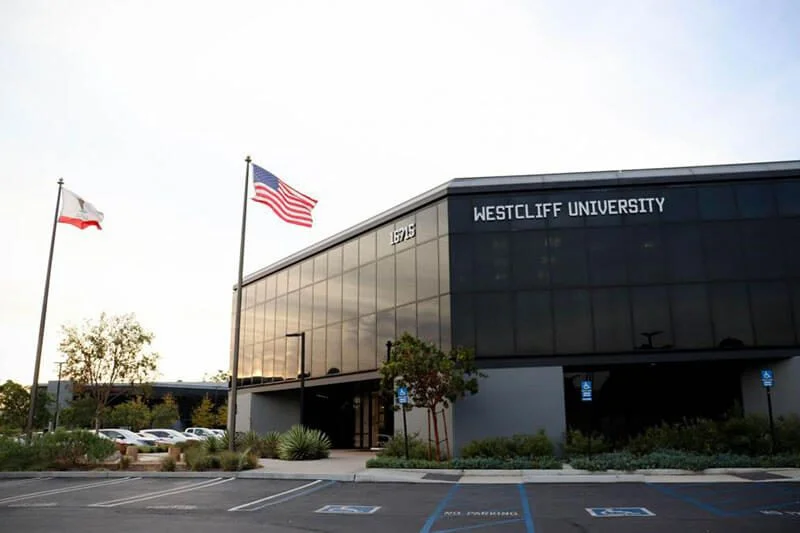About
Students of the Cognitive Science programme from Aarhus University are introduced to fundamental theories of cognition. You learn how to design and carry out your own investigations of the human mind, brain and behaviour.
Apply Now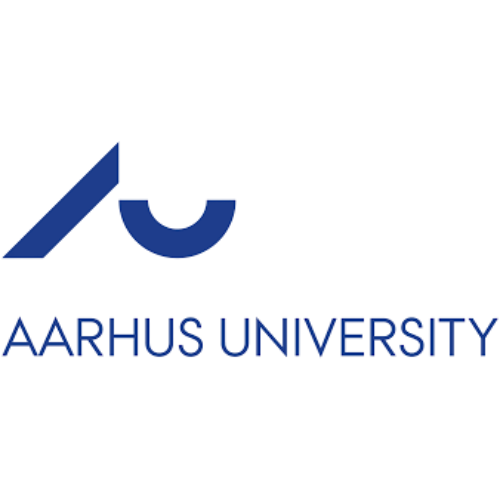
Aarhus University
Main campus: Aarhus, Denmark144
Aarhus University
Key information
Duration
Full-time
3 years
Start date & application deadlines
Starting Date
November, August
January, September
Language
English
Credits
180 Credits
Delivered
On Campus
Campus Location
Aarhus, Denmark
Disciplines
Computer Science & IT
Explore more key information Visit programme website
Overview
Cognitive Science is the study of the human mind and how it shapes and is shaped by our experiences and interactions. Students of Cognitive Science are introduced to the basic cognitive processes underlying our conscious and unconscious perceptions and actions – how we make decisions, how we use language to communicate and share emotions, how we interact socially with others. This involves learning scientific theories as well as engaging in practical exercises where students use computer programming and statistics to design and carry out their own investigations of the human mind, the brain, and human behaviour.
An interdisciplinary endeavour
The mind is hugely complex, and no single discipline can hope to exhaustively understand it. Cognitive Science combines theories, methods, and insights from a range of disciplines such as neuroscience, philosophy, linguistics, anthropology, and psychology in a coordinated effort to investigate human behaviour and the human mind.
Teaching is organised around lectures and group sessions in which students participate in discussions, make presentations, and work in study groups. Students also take part in practical lab work where they learn to analyse data from brain scans, behavioural experiments, and large text databases using computer programming and statistics.
The Cognitive Science programme is embedded in a rich research environment surrounding Aarhus University’s Centre for Functionally Integrative Neuroscience, its Interacting Minds Centre, and its Centre for Semiotics. Students can attend research seminars and learn about new findings on an almost daily basis.
Careers
On completing the BSc in Cognitive Science, you will be able to choose from a range of master’s programmes offering specialisation in topics such as cognitive science, neuroscience, information studies or corporate communication. The interdisciplinary profile of the programme, combined with the concrete skills acquired in data acquisition, programming, and analysis, make graduates sought after by employers across a wide range of industries, including IT development, product design, neuroscience, consumer behaviour, and business analytics.
Programme Structure
Courses included:
- Cognition and Communication
- Applied Cognitive Science
- Multilevel Statistical Modeling and Machine Learning
- Cognitive Neuroscience
- The General Linear Model
- Perception and action
- Bayesian Computational Modeling
- Experimental Methods, Statistics, and Programming
- Philosophy of Cognitive Science
- Internationalisation elective
- Social and Cultural Dynamics
Academic requirements
We are not aware of any specific GRE, GMAT or GPA grading score requirements for this programme.
English requirements
Tuition Fee
Here’s what we charge for tuition.
The living costs include the total expenses per month, covering accommodation, public transportation, utilities (electricity, internet), books and groceries.
Scholarships Information
Visa information
Student visas for United States
Are you from Bangladesh? You might need a student visa...
Don't worry, everything is ok. We're on it, and we're doing all we can to make your search for the right international degree in United States a little easier and more enjoyable.
Still, while we’re catching up, you can always beat us to it and:
- Check if you really need a student visa. Since you're from Bangladesh and planning full-time academic study in the U.S. yes- you’ll definitely need an F-1 visa.
- Start exploring the official website of the U.S. Embassy in Dhaka. That’s where all the latest and most reliable information lives. Bookmark it, read it, reread it.
- Check the deadlines. The visa process takes time, and missing a step or delaying your interview could mean missing your semester start. Not the kind of plot twist you want.
- Go on a paperwork treasure hunt. Passport, I-20 form, DS-160 confirmation, SEVIS fee receipt, bank statements, academic transcripts yes, the list is long, and yes, you’ll need every piece.
- Start saving up. You’ll need to show you can financially support yourself while studying in the U.S. That means proving you can cover tuition, living expenses, and possibly even your daily caffeine habits.
- Enhance your English skills, even if you’ve already taken IELTS, Duolingo etc. Strong language proficiency will benefit both your visa interview and academic success.
All in all, getting your F-1 visa might feel like a lot, but it’s a big step toward an even bigger adventure.
Thanks and good luck!
Work Permit
Find out all you need to know about work permit regulations for studying part-time (during studies) and full-time (after studies) in this country.
Work while studying in United States
If you’re from Bangladesh, you will need a work permit if you want to combine studying with working in United States.
Here you see the rules for getting a part-time work permit.
You can work part-time on campus at your university if you have a valid F-1 visa.
|
How can I apply? At local authorities
|
Application requirements Students can work on campus during your studies if your DSO gives you written approval.
|
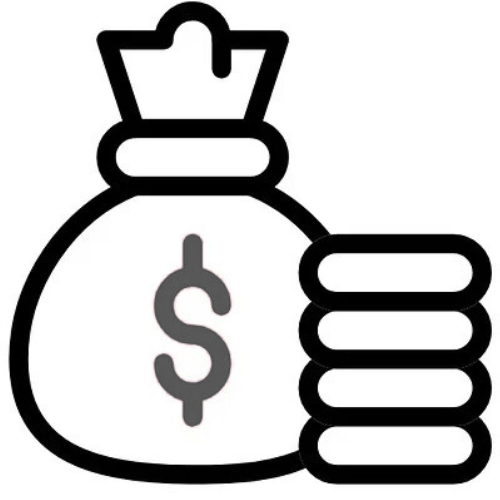
|
Duration of work permit The permit is valid as long as your F-1 student visa remains valid.
|
Max. hours of work per week 20 hours/week
|
|
Required documents List To apply for work permission:
|

